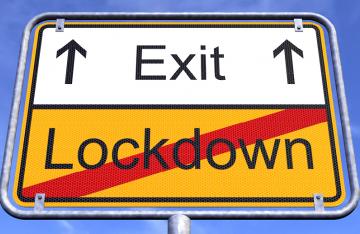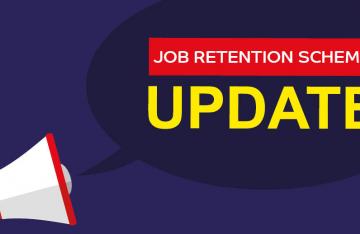Support for the Self Employed
In the March 2021 Budget, the chancellor clarified the extent of the fourth instalment of the Self Employment Income Support Scheme (SEISS) and included an announcement that the scheme will be extended beyond May with a fifth and final instalment.
The fourth SEISS grant will be worth 80% of three months average trading profits, paid out in a single instalment and capped at £7,500 in total. This covers February to April. It’s claimed there will now be over 600,000 newly eligible individuals for the fourth and fifth grants - including those who were newly self-employed in 2019-20 - as it will now include those who have filed a 2019-20 Self-Assessment tax return, provided they filed a tax return by midnight 2 March 2021.
All other eligibility criteria will remain the same as the third grant and so this also still means the self-employed earning more than £50,000 will continue to be excluded, even if their income has fallen off a cliff since last March. Claims for the fourth grant can be made now here.
The fifth and final SEISS grant covering May to September will be determined by a turnover test, so as to “…ensure that support is targeted at those who need it the most as the economy reopens”. Those whose turnover has fallen by 30% or more will continue to receive the full grant worth 80% of three months average trading profits, capped at £7,500. Where turnover has fallen by less than 30% they will receive a 30% grant, capped at £2,850. The final grant can be claimed from late July.
What’s noticeable is that the grant extension is claimed to cover the self-employed to September, but that is a five month period starting in May and the grant only provides for 3 months’ average profits. This approach also didn’t go unnoticed by the self-employed last year when September and October were essentially missed. Those who pay themselves a salary and dividends through their own company will continue not to be covered by the scheme and will only be covered for their company salary by the Coronavirus Job Retention Scheme if they are operating PAYE schemes. This is another unfortunate gap that continues.
This will not support all Self-Employed and there will be some earning more than the £50,000 cap which will still be impacted. However, other support for the Self-Employed is available;
- The new Recovery Loan Scheme (RLS) helps give UK businesses ongoing access to finance as they recover from the economic impact of the COVID-19 pandemic. The scheme can be used for any legitimate business purpose, including managing cashflow, investment and growth. It is designed to appeal to businesses that can afford to take out additional debt finance for these purposes. RLS opened for applications on 6 April 2021 and is scheduled to run until 31 December 2021, subject to review. It is available through a range of lenders and partners accredited by the British Business Bank.
- There is now also an online VAT Deferral New Payment Scheme available to over half a million businesses that deferred VAT payments last year, whereby they can arrange to pay what is owed in smaller monthly instalments.
- Self Employed people should look at the support available to them from their local councils too. This will include support with business rates and grants for businesses forced to close or impacted by Coronavirus.
- Mortgage lenders are also offering mortgage payment holidays. If you’re finding it difficult to pay your mortgage because of coronavirus, your lender should provide you with support. This support will be available if you’re struggling for the first time or if you’ve already had the support that’s coming to an end.
- The self-employed can also access Universal Credit and Welfare Support.
Scam Warning
HMRC are seeing an increase in scam emails, calls and texts. If someone gets in touch claiming to be from HMRC, saying that financial help can be claimed or that a tax refund is owed, and asks you to click on a link or to give information such as your name, credit card or bank details, please do not respond.
Read our latest article on staying safe against scammers.











